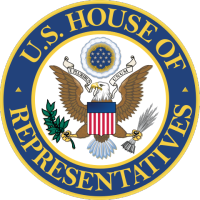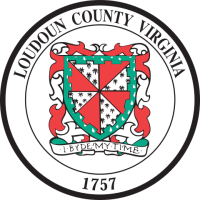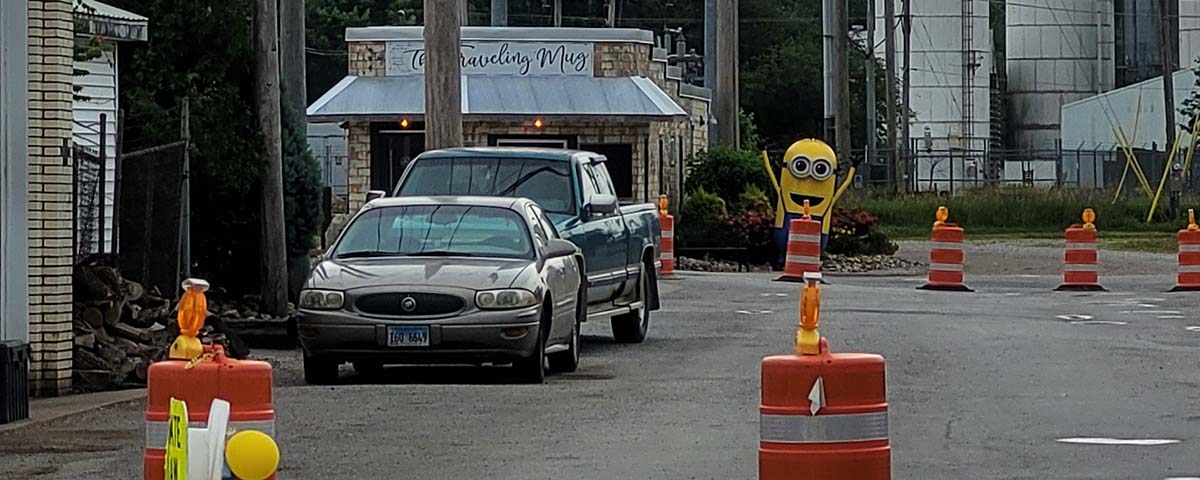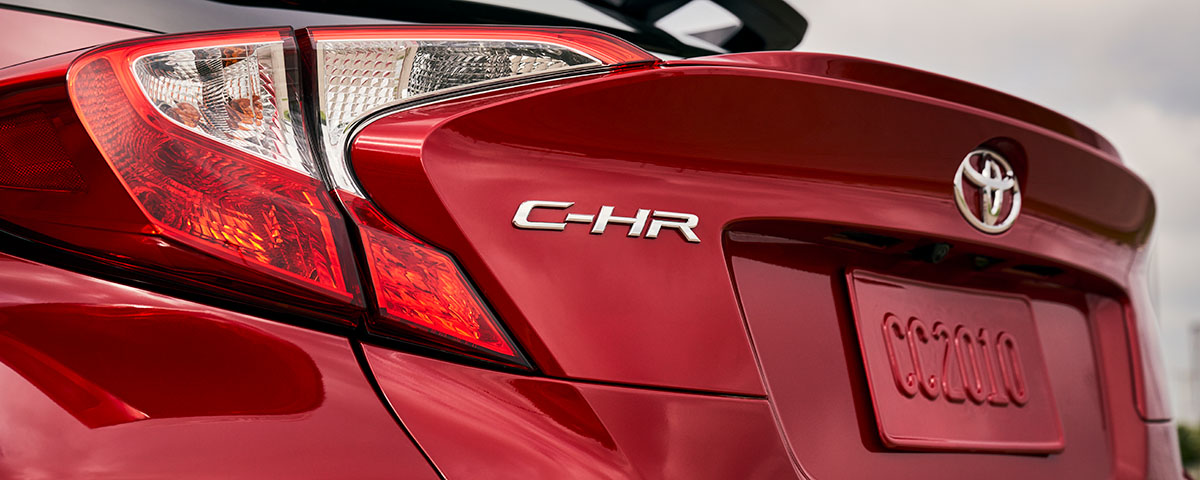It’s time for another bunch of random photos. I’m going to try to post these every six months or so, depending on how many pile up. They’re mostly just the weird or interesting things I come across while I’m “out and about” . . . or pet photos. Enjoy!
U.S. House, Virginia, 2022

All seats in the U.S. House of Representatives are up for election every two years. There are 435 seats, representing each of the fifty states in rough proportion to their population as recorded in the most recent national census. There are six non-voting delegate seats representing U.S. territories and the District of Columbia.
This is the first congressional general election since the 2020 Census. In the reapportionment, one state gained two seats (Texas), five states gained one seat each (Colorado, Florida, Montana, North Carolina, and Oregon), and seven states lost one seat each (California, Illinois, Michigan, New York, Ohio, Pennsylvania, and West Virginia). These and most other states, including Virginia, also realigned their district boundaries.
The Democratic Party currently holds a 221-212 majority over the Republican Party in the House. Two seats are vacant. Virginia has eleven seats in the House, with seven held by Democrats and four held by Republicans.
Loudoun County Bond Referendums, 2022

Article VII, Section 10, of the Constitution of Virginia requires local governments to obtain voter approval to issue bonds. Voters in Loudoun County, Virginia, will be asked to consider three bond referendums on this year’s ballot.
Bonds are debt. When they are sold, the issuing government receives an influx of cash from the purchasers. But, like a bank loan, that money must be repaid over time with interest.
Like any other loan, bonds should be used only when necessary. Most projects should be funded directly from the general fund (i.e., from the “money in the bank”). Only when some specific project is very important, but too large to fund directly, should we turn to using bonds for financing.
The al-Qaeda terrorist attacks on September 11, 2001, are known by their date.
This is unusual. Other major events, though we might recall their dates, aren’t named by their dates. We know that the Imperial Japanese Navy attacked Pearl Harbor, Hawaii, on December 7, 1941, but we don’t call it the “December 7” attack. We don’t refer to the Normandy landing on D-Day as the “June 6 landing.”
Most events are known by their place—the Northridge earthquake, the Chernobyl disaster, the Battle of Bull Run. Those affecting ships and planes are known by their names or flight numbers—the Titanic disaster, Pan-Am Flight 103, the USS Cole attack, TWA Flight 800. But this event affected too many places . . . and too many planes. We know the places and flight numbers too, but they’re just parts of something bigger and more horrible.
The government now officially refers to the annual September 11 commemoration as “Patriot Day,” but nobody calls it that. We call it “September 11,” or just “nine-eleven.”
Yeah, I’m still pretty late with this. But I’m a lot less late than I was last year! And next year might yet be better. Maybe.
This is a fairly minor year for the list; there have not been many discontinuations or redesigns. The Honda Civic Si has fallen completely off the bottom since the new one isn’t half bad. That made room for the new 2022 Hyundai Santa Cruz, which debuts in the number eight position. There have also been some changes in the order as my tastes change.
The criteria are unchanged. Cars that are sold new in the United States are eligible unless they sell in very low volume or are not sold to the general public. Volume is defined based on my observations—if I see ’em on the roads, they qualify; if I don’t, they don’t. Vehicles that are only sold for exotic, military, commercial, or special purposes are excluded.
Scott Bradford is a writer and technologist who has been putting his opinions online since 1995. He believes in three inviolable human rights: life, liberty, and property. He is a Catholic Christian who worships the trinitarian God described in the Nicene Creed. Scott is a husband, nerd, pet lover, and AMC/Jeep enthusiast with a B.S. degree in public administration from George Mason University.



